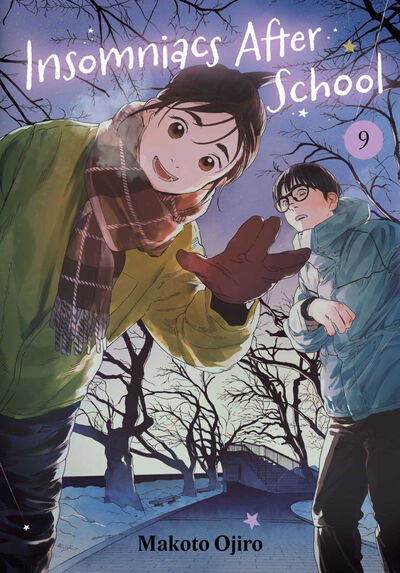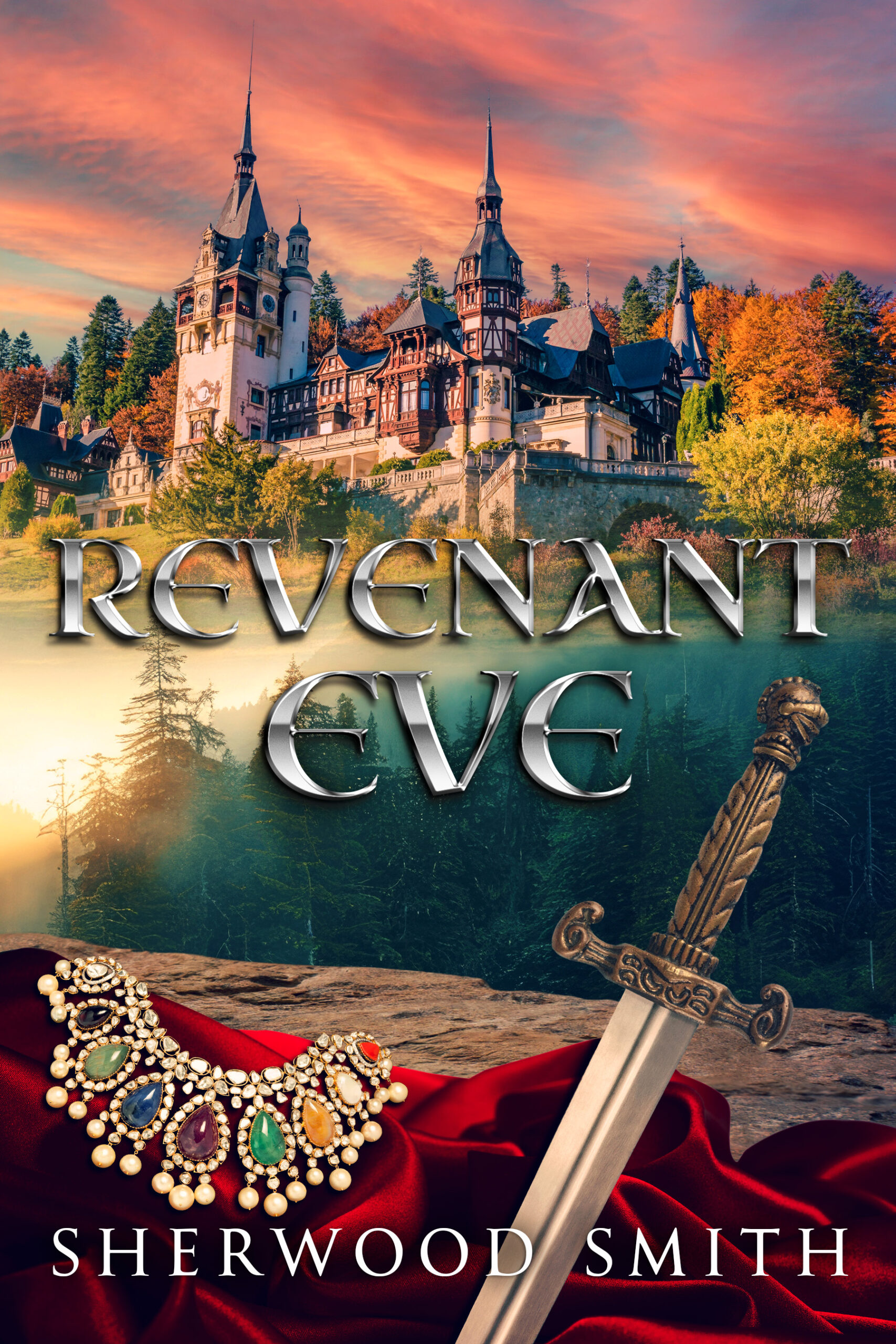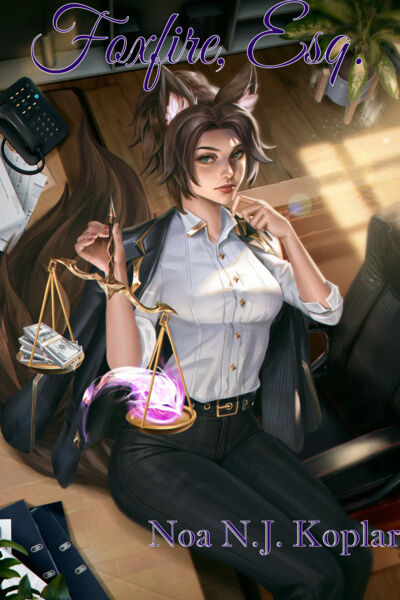When 2020 was looming, I posted
an entry about the media that had made a real impact on me in the 2010s. I had fun with this, but it's hard to narrow things down across an entire decade! Maybe I should start doing these media roundups more frequently? Every half-decade, perhaps?
Oh, hey, it's 2025.
In alphabetical order, here are ten canons from the last five years that I think I'm going to remember! Note that this is media I originally experienced between 2020 and 2024, rather than necessarily being media that was originally
released in that period.
1.
Celeste. One of my absolute favourite games. Great music, charming characters, satisfying gameplay. It's tough, but I rarely found it frustrating, and I was delighted to realise how much I'd improved when I went back to replay from the beginning. Playing
Celeste is a lot like playing the piano, learning the right pattern and timing of button presses through repetition until you can run smoothly through a level. I'll often find myself replaying
Celeste levels when I've got a little time and nothing else is grabbing me, in the same way I'll often take a moment to sit at the piano and play a few pieces I know by heart.
2.
The Coffin of Andy and Leyley. The relationship between these siblings is just so awful and intimate and fascinating; I can't get enough of it. I want to swim around in all this hideous codependency. When I first drafted this list at the start of the year, I noted,
There's a chance I'm being too hasty with this one; I discovered it right before 2024 ended, so I haven't had time to be sure it's going to be a lasting interest. But, having had my mind obliterated by the latest chapter, I can now say with confidence that I am never going to stop thinking about this horrible game.
3.
Lost. What an experience! I love it when characters are stranded together and forced to bond under high pressure, and this is an absolutely stellar example. Went in some wild directions, too; I said 'what the fuck' so many times while watching this show. Jack Shephard is a wreck of a man in a way that I find fascinating.
4.
Omori. This game fucked me up. A lot of it is fun and charming! And then there are the parts that severely messed with my head. Two separate aspects gave me trouble sleeping. Some really interesting uses of gameplay, including one of the best-executed plot reveals I've ever seen.
5.
Person of Interest. In a lot of case-of-the-week shows, the case itself is the least interesting part for me. In
Person of Interest, I found the individual weekly cases absolutely gripping. The fact that the murders they're investigating
haven't happened yet gives each case a living main character, usually the would-be victim, which makes them so much more fun to watch. I really enjoy Reese as a character, too.
6.
Persona 5. I picked up
Persona 5 in lockdown, when it was heavily discounted. I'd heard good things about the
Persona series, but I'd always been intimidated by how long and complicated the games sounded. Still, it was 2020, and I wasn't able to leave the house, so it seemed like the right time for a hundred-hour RPG. It was an incredible decision. What a stylish, fun game! What great kids! I played it non-stop for a month and a half and had an absolute blast.
7.
Persona 4. I was a little concerned about going back to
Persona 4 after playing 5. I'd loved
Persona 5 so much; what if the previous game was a disappointment? But I ended up loving
Persona 4 just as passionately, largely because of Yosuke; he's a good-hearted but slightly shitty disaster of a teenage boy who's helplessly in love with the protagonist, and I find him endlessly endearing.
8.
Severance. I've always been compelled by stories about weird things happening to people's memories, and by stories about people developing intense relationships while isolated together, so
Severance is essentially the perfect canon for me. By a long way, it's the most gripping show I've ever watched. I'm so nervous when I sit down for a new episode; I never know what to expect!
9.
Taskmaster. What a show. It makes me laugh like nothing else. The way it keeps a single set of contestants for each series adds a lot to the experience; you really get to know the contestants and their approaches to these ridiculous tasks over the course of a series. The New Zealand and Australian versions are just as great to watch; Greg Davies remains an unparalleled Taskmaster, but, if I'm honest, Paul Williams is my favourite assistant.
Wait, that's only nine! Okay, I'm going to add a tenth, but this is definitely cheating:
10.
Death Note. I absolutely did not first experience
Death Note between 2020 and 2024; I've enjoyed it since 2008! But I feel it sort of fits in my 'canons of the last five years' post because I got back into it in 2023 in a way I'd never been into it before. I watched the stage musical, absolutely lost my mind and spent months thinking about nothing but Light Yagami. Let's say the tenth canon here is
Death Note: The Musical.
Honourable mention to
The Quarry for the burst of intense ficwriting it inspired in me! I wasn't that drawn in by the canon itself, but the potential in Travis and Laura's relationship really grabbed me by the throat.
EDIT: WAIT, I just thought of a legitimate number ten!
10-2:
Die Hard. We were locked down for Christmas in 2020, and I was sorry that I couldn't visit my family, but the upside was that I joined in my housemates' Christmas tradition of watching
Die Hard. This film was such a delightful surprise for me! I went in expecting a badass, stoic action hero; I got a desperate, terrified mess. I found John McClane's suffering so compelling. What a blast.






